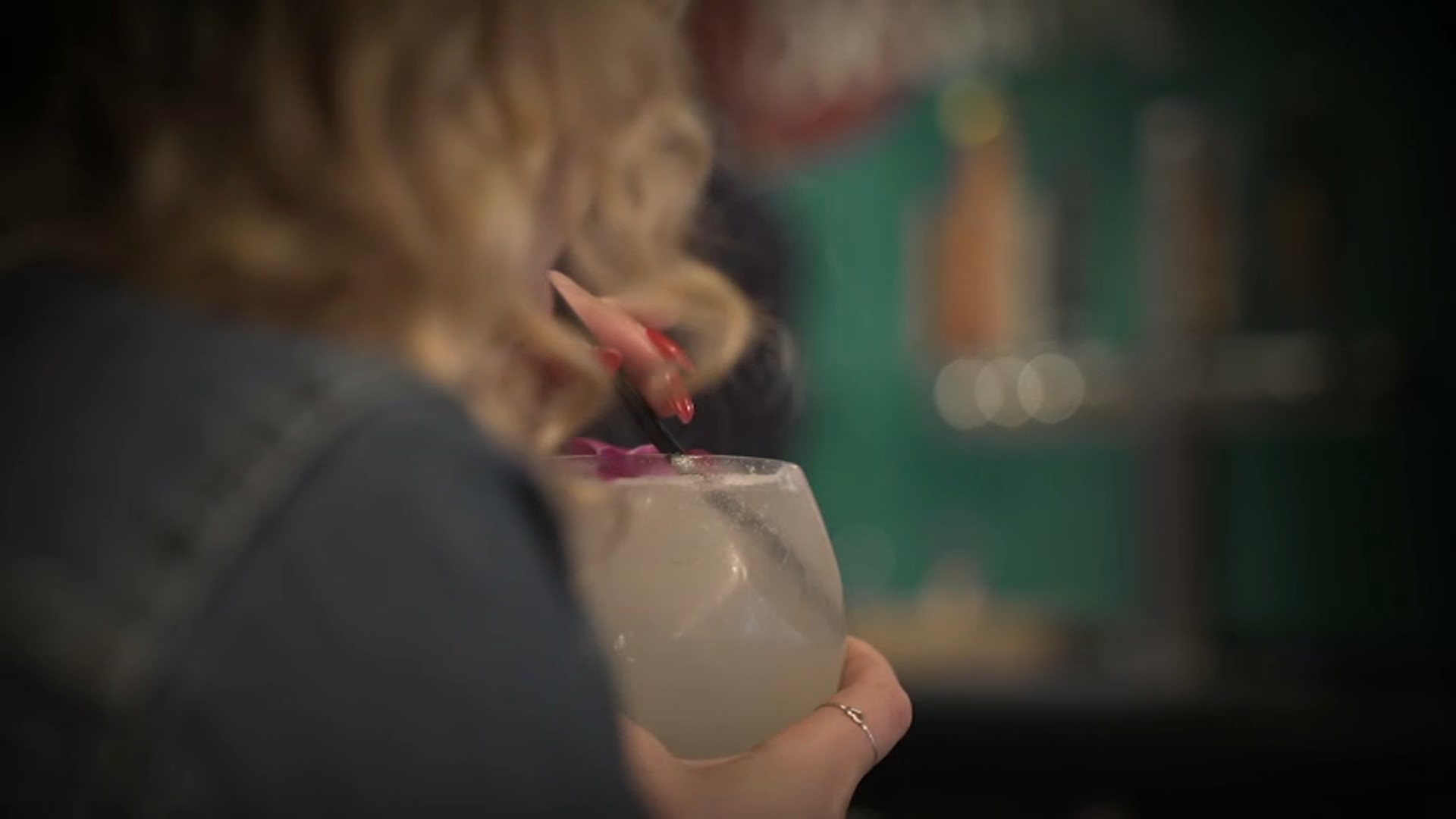Campus police are investigating after at least one student at Boston University said her drink was drugged over the weekend. It is the latest complaint in what has become a disturbing trend in the city.
A Boston University spokesperson said the alleged incident happened off-campus, and the office of Judicial Affairs is in the early stages of an investigation. Students said they did not receive an alert from the university about it.
"Even just hearing that, my heart is racing," junior Hanna Dworkin said. "It's very scary to think about. Perhaps the university should be doing more to tell students about that, because I hadn't heard anything about it."
Students said they have heard their fair share of horror stories from women who said their drinks had been drugged at Boston bars and nightclubs.
Get Boston local news, weather forecasts, lifestyle and entertainment stories to your inbox. Sign up for NBC Boston’s newsletters.
"One of my friends has woken up and not remembered anything about the whole entire night. You just never know who is going to drop something in your drink," senior Sydney Miller said.
It has become such a problem that those behind NightCap, who created a scrunchie that can also serve to cover drinks, started noticing they were getting a lot of orders from Boston. The business is based in South Florida.
More on drugged drinks
"We just saw tons of orders coming because of what a problem it is there. It seems like every week, there is a news story of Boston about this," co-founder Shirah Benarde said.
To help meet the demand, Benarde and her brother just spent a week in Boston giving out some of their products for free on college campuses.
"We wanted to make sure we're doing our part in Boston to put an end to this. It's a very difficult problem to stop. It's almost impossible to catch people doing it," Michael Benarde said.
Boston police said there have been 71 allegations of drink spiking so far this year, including incidents at bars, restaurants, homes and other unknown locations. This is the first year the department has tracked this data.



